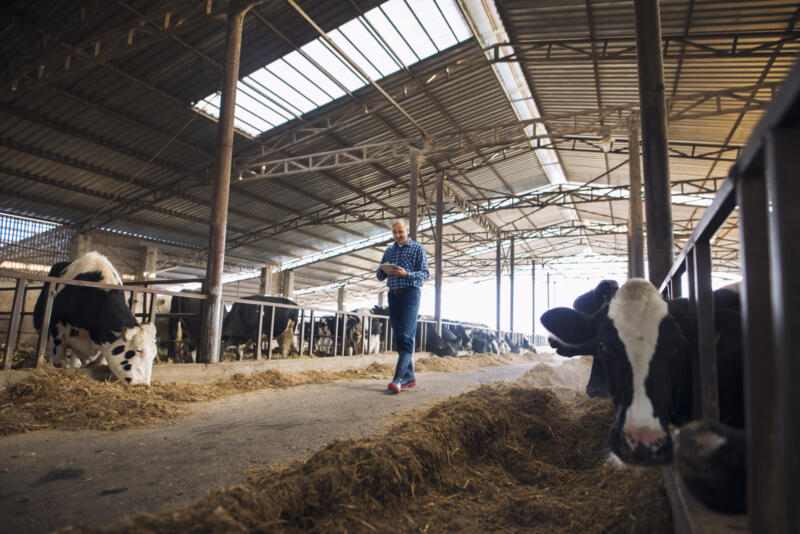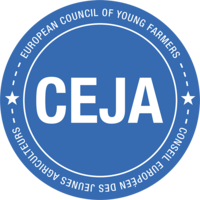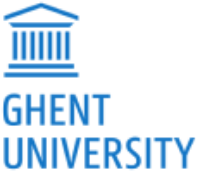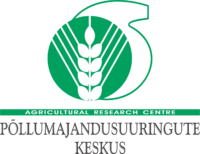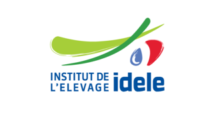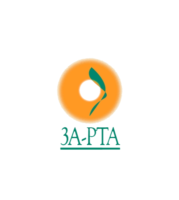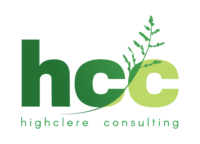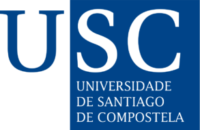Partner profile: Interview with Anikó Nagy from Nemzeti Agrárgazdasági Kamara (NAK, Hungarian Chamber of Agriculture) & Szabolcs Vágó from Institute of Agricultural Economics Nonprofit Kft. (AKI)
Anikó Nagy from NAK joined the EUREKA project in the summer 2020. She has been working in rural development for many years and especially in cooperatives. She is very interested and experienced in farmer’s cooperatives, short food supply chains, and everything that is connected to cooperatives and rural development. That is why she came to be involved in the project. Anikó explains:
“As my organization is in daily contact with farmers and advisers, it is important to get out practical results for our members. There is a huge need for our members (farmers and advisers) to be a bit more up to date on information from the more developed parts of Europe, for example through a user friendly knowledge reservoir such as the EU FarmBook, or other communication possibilities to enhance the network for knowledge exchange. Without effective knowledge transfer, innovation research results will not reach farmers and support their development. This project is a nice opportunity to look around at what works in other countries.”
Anikó further explains that the language barrier is huge in Hungary, especially “in the field.” Even if people speak some English, they are afraid to use the foreign language, hence it is very important that the EU FarmBook is translated into Hungarian.
Szabolcs Vágó has a background as an economist and he has been working at the Institute of Agricultural Economics Nonprofit Kft. (AKI) for 20 years. He has participated in research activities, collected data and analysed the milk market, and he became responsible for agricultural statistics for a 10-year period between 2006-2016. During this period he also started to become active in international projects:
“AKI has long tradition; as a leader in the digitalisation process of Hungarian agriculture, AKI operates and is engaged in the further development of EU and national agricultural information systems of outstanding importance, i.e., the Farm Accountancy Data Network (FADN), the Market Price Information System (MPIS) and the Agricultural Statistical Information System (ASIS). By the extensive collection and processing of data, policy analysis and decision support, AKI provides valuable assistance for progressing agriculture and strengthening rural livelihoods,” Szabolcs says.
The EUREKA project relies mainly on interviews and surveys for gaining a deeper understanding of both H2020 Multi Actor Projects as well as the needs and preferences of the potential end users of the future EU FarmBook platform, and Szabolcs has expertise in collecting and analysing these kinds of data. He is involved in nearly all aspects of the EUREKA project in some way: from gathering information on end-user needs and preferences to details of data management and storage on the EUFarmBook knowledge platform. Szabolcs explains:
“The EU FarmBook is a good possibility for Eastern-European smaller countries, as there are not enough information sources for local users which are reliable, objective, freely available, and can be used also in local language. It is a great feeling for people of the region to be involved in such a big scale, important EU-wide innovative challenge.”
The role of NAK and AKI - Get to know the FarmBook end-user
Anikó and Szabolcs agree that to make the EU FarmBook sustainable and useful, strong and relevant practice-oriented communication is needed; it must be demonstrated to farmers and advisers how they can use this platform in their business and how they can enhance their network. This can be achieved by making test and training a crucial part of the project.
In the EUREKA project, both Anikó/NAK and Szabolcs/AKI among others helped to coordinate and spread a huge survey to end users in Hungary, taking advantage of the country's system of government-supported agricultural advisors and (compulsory) membership of all farmers in the Chamber of Agriculture, NAK. Of the total 2407 survey responses, 1740 were from Hungary. The purpose of the survey was to better understand the needs and preferences of end-users (farmers, foresters, advisors) when searching for relevant information within the field of agriculture, both online and through other communication channels.
Both NAK and AKI are based in Budapest, and you can read more about the two partner organizations on their websites:
Nemzeti Agrárgazdasági Kamara (NAK)
Nemzeti Agrárgazdasági Kamara - named The Hungarian Chamber of Agriculture (HCA) in English - covers the whole domestic food chain, the agricultural production activity and the field of rural development through its members. As a flexible and professionally qualified public body, the HCA has been working since its foundation to give a new impetus to the Hungarian agri-food economy. The HCA was established in the spring of 2013 as a public body uniformly organized at national level with mandatory membership. Currently it has 360,000 members.
Institute of Agricultural Economics Nonprofit Kft. (AKI)
The Institute of Agricultural Economics Nonprofit Kft. (AKI) is a government scientific institute supervised by the Ministry of Agriculture. Building on the rich heritage of its predecessor, the Research Institute of Agricultural Economics, established in 1954, AKI continues as a research and knowledge centre with the most extensive agricultural economics databases and the most significant policy expertise in Hungary, performing both public duties and state functions.
















